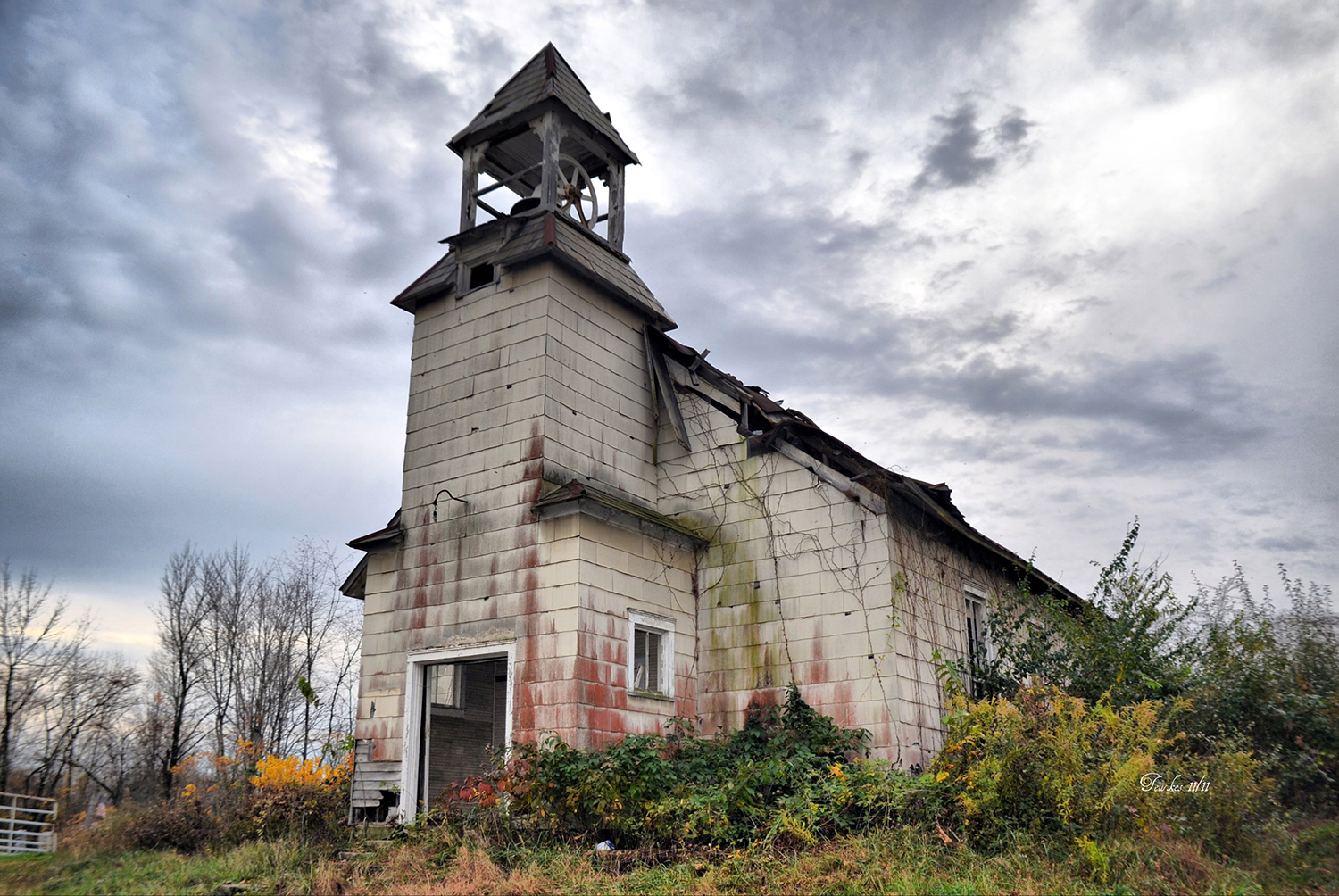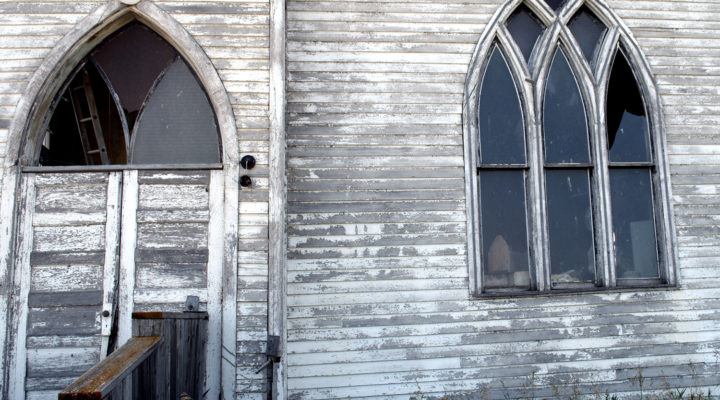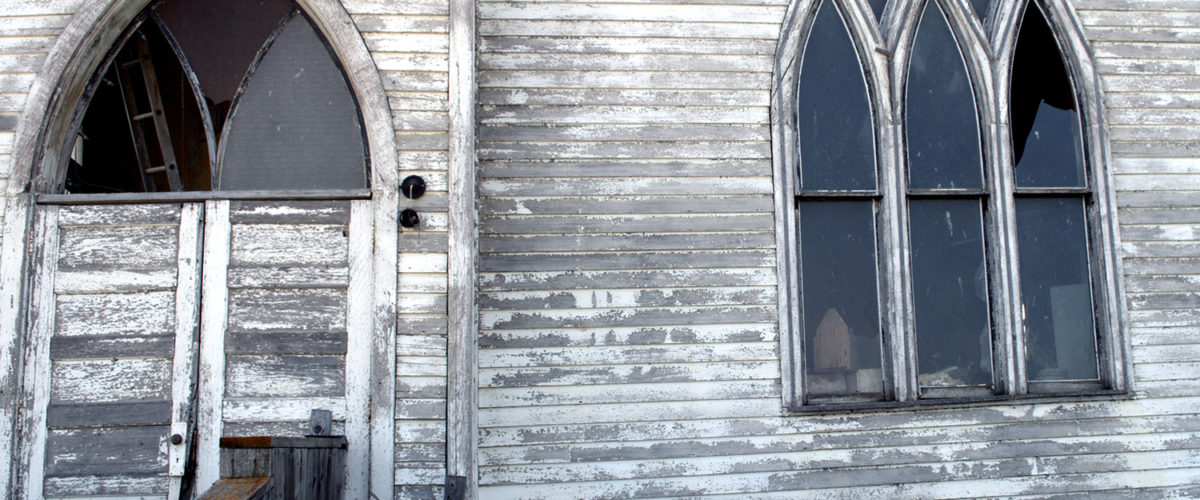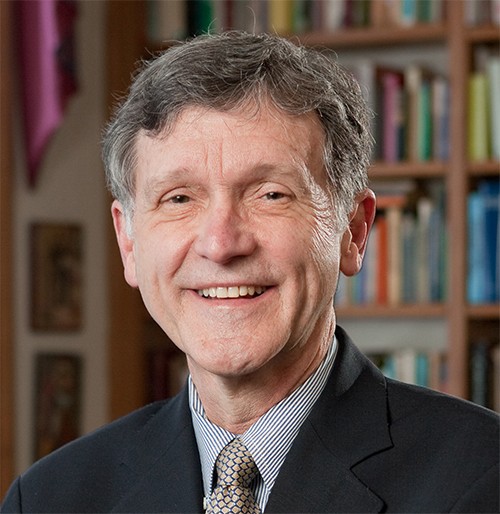Europeans, it seems, are wondering if American Christianity has pretty much gone off the rails.
A recent editorial in Great Britain’s The Guardian newspaper raised the question after describing the role faith has had in the “social and political convulsions” the U.S. is experiencing.
That turmoil, the editorial offered, has resulted from an extreme proliferation of churches and denominations, which has led to “doctrinal incoherence” in American faith.
In other words, “a Christianity for everyone” means very little and is susceptible to social, political and even economic fluctuations.
“In the end, a market-driven religion gives rise to a market-driven approach to truth, and this development ultimately eviscerated conservative Christianity and left it the possession of hypocrites and hucksters.”
Harsh words, but hardly anything new in church history, Bill Leonard told Baptist News Global.
“I think you could go to almost every era of Christian history and find evidence that Christianity had lost its doctrinal center,” said Leonard, professor of Baptist studies and church history at the Wake Forest University School of Divinity.
One of the Catholic criticisms of the Reformation was that if every believer is a priest, then everyone has the power to create their own brand of Christianity, Leonard said.
Or, just go back to the very beginnings of the faith, he said.
“In some ways, the most radical event in the history of church was Paul’s insistence that Gentiles could be brought into the church,” Leonard said. “Ever since, segments of Christianity have been asking if we can let ‘these people’ into the church and it still be the church.”
The lesson: that Christianity has been struggling over its identity since day one, he said.
‘That’s always been the case’
In the present day, the consequences include turning off generations of potential believers.
In its editorial, The Guardian draws attention to the relationship between faith and politics in the United States — and to subsequent consequences.
The “close identification of evangelical Christianity with the Republican Party, and with the rejection of evolution, climate science and sexuality equality, has repelled young people and may have accelerated a long trend of decline between generations that looks inexorable,” the newspaper said.
It pointed to Pew Research Center statistics showing a third of Americans under 50 claims no religious affiliation.
But recent research suggests those are not the reasons most Americans avoid or leave church, said Thom Schultz, a blogger and co-author of Why Nobody Wants to Go to Church Anymore.

A British newspaper observed that there are so many churches in the U.S. that Christianity is diluted. (Photo/Mike/Creative Commons)
Rather than citing disagreeable opinions on climate change or gay marriage, or avoiding church because of its political affiliations, research shows that many felt excluded from those conversations, Schultz said.
Some LGBTQ Christians have said they can accept a congregation’s opposition to same-sex marriage, but left because they didn’t have a voice, he said.
“Church leaders can take positions on these cultural issues and continue to appeal to people if the church includes them in the discussion,” he said.
That’s been demonstrated in the book by Josh Packard and Ashleigh Hope called Church Refugees. A related report is titled “Exodus of the Religious Dones,” Schultz said.
Reasons cited for leaving include feeling overwhelmed by administrative and committee assignments or being unimpressed with congregations’ level of social commitment. And they don’t want to be passive listeners in the lives of their congregations.
Schultz said the hypocrisy noted in the British editorial does come up in interviews.
“But that’s always been the case,” he said. “Hucksterism and hypocrisy have been around for ages.”
‘Complicated identity crisis’
But Leonard suggested there are much deeper currents involved in the decline of the church.
“What we are experiencing is not the loss of Christianity, but the loss of Christian culture in the larger society,” he said.
Until relatively recently, Christians, their churches and practices have enjoyed center-stage treatment in the U.S. and some other nations.
Pluralism has made religion one of many factors.
“It is the loss of Christian privileging in Western societies,” Leonard said.
Now, the church must try to discern what centers it by getting back to its core identity “in a pluralistic society that’s often a very complicated identity crisis,” he said.




